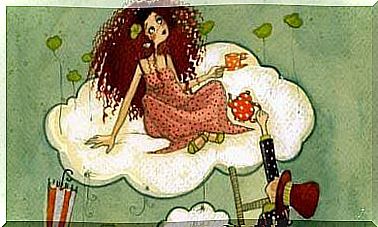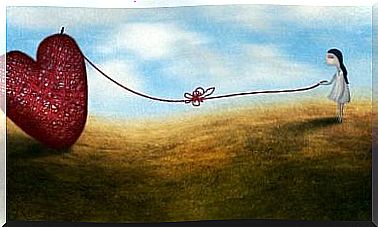The Psychological Benefit Of Christmas Traditions

Many people look forward to the Christmas traditions all year round. Christmas is not the same as missing your favorite food or not being able to go home to open your presents. These holidays lose their meaning if you can’t carry out your family traditions.
Christmas is a gift to the senses. The lighting, the decorated streets, the colored wrapping paper. The taste of the food and the aroma of hot chocolate and other traditional drinks are a delight for young and old.
Christmas is above all a time to be with your family. During these precious days, we have the opportunity to be with those we love and escape our routines.
Escape the fear
For many of us, the daily grind is stressful. The pace of everyday life is exhausting and that fatigue can build up over time and become chronic. Not only that, but there is so much uncertainty in life. That uncertainty tends to feed our negative thoughts.
That is why so many people need a period like Christmas. We need a special day every year that takes us back to our childhood and allows us to think about those we’ve lost, or just spend some time with those who live far away.
It is a time to open presents, but also to open our arms to the people we love.

Christmas traditions (such as mentioning things we are grateful for or giving a speech) are based on rituals. Laboratory experiments and research show that the structured and repetitive actions of these rituals can act as shock absorbers for fear by making the world a more predictable place.
We also perform many of these rituals during other times of the year. At Christmas, however, they take on a deeper meaning. We celebrate them in a special place (the family home) with a special group of people (our family and close friends).
That’s why more people travel during Christmas and New Years than at any other time of the year. When you see people you don’t usually see, you forget about your worries. These gatherings allow you to reconnect with old family traditions.
Traditional dishes
No Christmas tradition is complete without Christmas dishes. Long hours in the kitchen preparing a delicious meal are rewarded with long meals with the family, chatting and laughing. Special occasions call for special food.
Sharing a meal is a symbol of community. It brings the whole family around the table and creates space for conversation and connection. Many studies show that doing some sort of pre-dinner ritual improves the dining experience and even makes the food taste better.
Other studies have found that when children participate in food preparation, they enjoy it more. Not only that, but the longer it takes to make a dish, the more we appreciate it later. You could say that the effort involved in special meals enhances the culinary experience.
Traditional Gifts
One of the Christmas traditions is the exchange of gifts. From a rational point of view, exchanging gifts makes no sense. When you exchange gifts with someone, you are basically recycling money. When you think of the gift swap in purely monetary terms, it’s sort of a zero-sum game.
If you look at it that way, it’s better to buy your own gift. However, exchanging gifts is not about who spent how much. Gifts help maintain social bonds because they force us to think about someone else, even if only for a short time.
You may just be recycling money, but the satisfaction that comes from giving and receiving gifts makes you enjoy exchanging them. Not only that, but people usually spend money that they were already planning to spend over Christmas anyway. Many people prefer to wait for Christmas to treat themselves or others.

Family and Christmas traditions
The main function of Christmas is to maintain and strengthen family ties. For relatives who live far away, Christmas traditions can be the glue that holds the family together.
Children, in particular, tend to develop stronger bonds with their families when they participate in Christmas traditions. Not only that, but fond memories of family traditions are synonymous with positive interactions with your children.
In short, rituals and traditions are indicators of identity and group composition. Therefore, the Christmas season makes people feel like they are a part of something and puts them in a generous mood.








